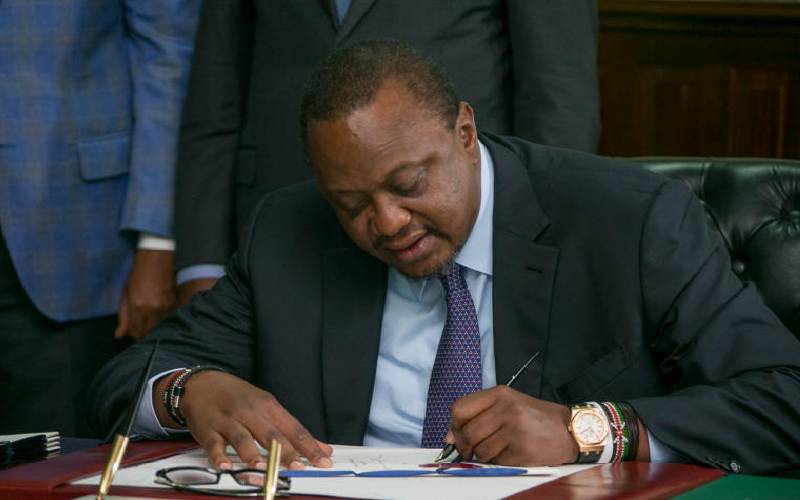×
The Standard e-Paper
Smart Minds Choose Us

A greater need for accountability and transparency informed the Kenya Constitution 2010. Chapter Six of the Constitution clearly outlines the do’s and don’ts for those who aspire to public office.







